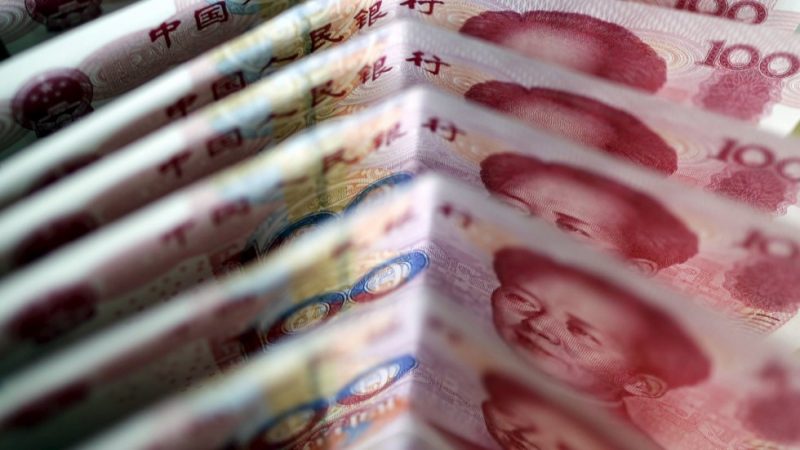China’s upcoming stimulus is probably not enough

The impending stimulus from China is essential, yet it is probably inadequate. The anticipation of substantial fiscal stimulus has propelled Chinese stocks through a volatile trajectory over the past month. Investors must adopt a measured approach to evaluate the forthcoming statements from Beijing this week. The standing committee of China’s legislature convened on Monday, with investors keenly anticipating signals regarding the magnitude of any forthcoming fiscal stimulus. Estimates fluctuate, yet they converge around 10 trillion yuan, approximately $1.4 trillion. Although the headline figure holds significance, it is equally crucial for investors to examine the actual allocation of funds. Based on the government’s statements to date, the measures may not prove particularly stimulative.
A significant component of the initiative is expected to involve the reorganization of local government debt. Local governments have accumulated significant debt over the years, tasked with the majority of public expenditures ranging from infrastructure to education, yet they struggle to secure dependable revenue streams to correspond with these obligations. This encompasses borrowing via certain off-balance-sheet entities known as local government financing vehicles, or LGFVs. Local authorities employed these lesser-known state-owned enterprises to circumvent the borrowing restrictions set by Beijing. Goldman Sachs projects that LGFV debt reached approximately 60 trillion yuan by the close of 2022.
The collapse of China’s housing market has significantly diminished revenue from land sales, which serve as a crucial financial lifeline for local governments. Their actions have resulted in reduced expenditure and increased charges imposed on local residents, exacerbating the economic downturn. Goldman Sachs projects a government revenue shortfall of 2.3 trillion yuan for the current year. Beijing may assume a portion of the financial liabilities incurred by local governments. This would alleviate their interest expenditures and enhance their financial flexibility for expenditure.
A significant portion of the stimulus is expected to address the underlying issue of the prevailing economic downturn—the housing crisis. The central government might consider issuing bonds to acquire a portion of the millions of unsold homes. According to J.P. Morgan, a capital infusion of between 4 trillion and 5 trillion yuan is required to reduce inventory to a threshold that could facilitate the stabilization of home prices. The initiative is not entirely novel: Local authorities were instructed to begin the process of reducing surplus inventory earlier this year; however, they lack the financial capacity to implement the directive effectively. Increased direct funding from the central government could prove beneficial.
It is probable that measures will be introduced to bolster consumption, such as enhancements to welfare payments and incentives for trading in consumer goods. However, this aspect may fall short of investors’ expectations, considering Beijing’s prolonged reluctance to provide direct financial assistance. The stringent measures placed upon property developers and local authorities have already propelled the economy into a deflationary spiral. Addressing local government debts and housing inventory is undoubtedly crucial; however, these actions may merely serve as mitigative measures, insufficient to catalyze substantial growth.
One factor that may deter Beijing from initiating a substantial consumption stimulus is the concurrent rise in debt alongside a decline in tax revenues. According to official statistics, China’s debt stands at slightly more than 50% of its GDP, encompassing both central and local government liabilities. Including off-balance-sheet local government financing vehicles, China’s public debt to GDP ratio has increased from 73% in 2019 to 102% as of the June quarter, as reported by Morgan Stanley. China’s stimulus package is likely to establish a more stable economic foundation. However, one should not anticipate an acceleration in growth.








